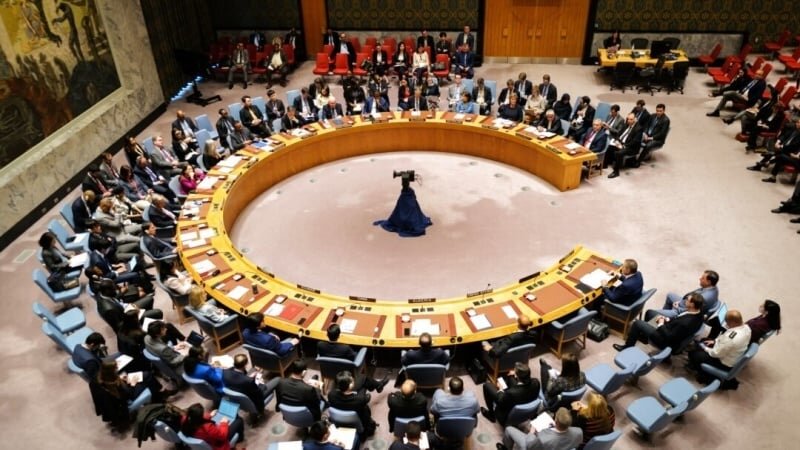AhlulBayt News Agency: As the recognition of the State of Palestine by certain Western countries approaches, the Israeli army is preparing itself for potential developments.
Israel army radio reported that Israeli military commanders, with the recognition of the State of Palestine by certain Western countries approaching, are deploying eight battalions to the West Bank.
More than 10 Western countries are expected to recognize Palestine as an independent state at the United Nations General Assembly on Monday, September 22. In response, Tel Aviv, with the support and green light from the U.S., has threatened to react by annexing and occupying the West Bank.
Countries including Canada, Australia, Portugal, Belgium, Malta, Luxembourg, San Marino, Andorra, and France are among those expected to recognize Palestine at the International Palestine Conference held at the United Nations headquarters.
With the ongoing war in Gaza and the Israeli regime’s insistence on continuing its policy of killing and committing genocide against Palestinians living there, global public opinion has increasingly mobilized against Israel. Protests and demonstrations in various countries around the world against Israel’s genocidal policies in Gaza, along with the publication of images showing the hunger and thirst of Gaza’s residents—especially in recent months—have intensified public pressure on officials and leaders across Europe.
As a result, European authorities, who have long claimed to defend human rights and uphold individual and social freedoms, have in recent months been compelled, at least publicly, to step back from direct support for Israel and to condemn the Israeli crimes against Gaza’s population.
In fact, the Israeli army’s use of weapons of mass destruction, including white phosphorus, attacks on safe zones, the widespread displacement of Palestinians, blocking the entry of food and medicine into Gaza, and the destruction of infrastructure such as water networks, hospitals, and medical centers, has left European authorities with no grounds to continue supporting Israel. Public opinion in Europe, in particular, no longer accepts any justification for such policies.
Under these circumstances, many of these countries believe that only by establishing an independent Palestinian state and recognizing the rights of the Palestinian people can the foundations for lasting peace and security in West Asia be established. In fact, the recognition of Palestine by Western countries is not merely an act of respecting human rights but also a diplomatic effort to restore balance in international policies.
In this context, the Israeli regime is deeply fearful of the recognition of Palestine. One of the main reasons for this fear is the threat that such recognition poses to the so-called legitimacy of Israel. Until now, Israel has widely justified its occupation of Palestinian lands and violations of their rights by using terms such as “the right to self-defense.” However, the recognition of Palestine as an independent state challenges these justifications and could increase global pressure to end the occupation and violations of Palestinian rights.
In addition, the recognition of Palestine could undermine current diplomatic processes and negotiations in which the Israeli regime plays a significant role. Temporary agreements, such as the Oslo Accords and other negotiations that have always favored Israel, are now being challenged by the threat posed by Palestine’s recognition.
The recognition of Palestine could also strengthen the Palestinians’ position on the international stage. If Palestine is recognized as an independent state, Palestinians would be able to participate in international organizations, such as the United Nations, as a sovereign country and defend their legal rights. This could lead to increased international attention to the situation of the Palestinians and, consequently, greater pressure to achieve a lasting solution to the Palestinian crisis.
However, the recognition of Palestine is only an initial step that could pave the way for fundamental changes in the peace and security process in West Asia. This process is accompanied by numerous challenges and complexities, and it remains uncertain whether European countries will maintain their positions during the United Nations General Assembly session or change their stance under pressure from the United States.
/129
